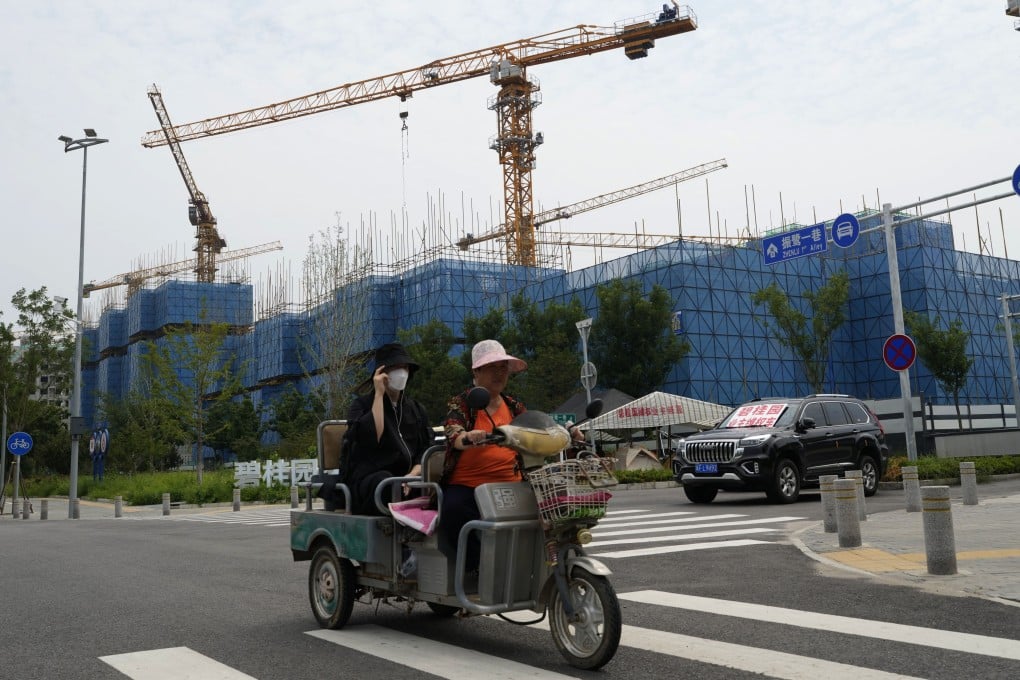Opinion | China’s policies to restrict home purchases are driven by the same ‘fear factor’ that led to the country’s one-child policy
- China has been trying to discourage ‘for-profit’ property investment for two decades, after rising housing prices became a source of public discontent
- By resorting to arbitrary measures, the Chinese state has achieved immediate short-term results but has created a long-term problem

China has taken another step towards helping its housing sector by cutting minimum down payment requirements and lowering mortgage loan rates. By doing so, authorities are letting in more buyers and pumping more money into an ailing sector that is crucial to local government revenues and national economic soundness.
However, it is hard to imagine that such measures will lead to a fundamental turnaround given factors such as China’s economic slowdown and ageing population. To analyse their possible impact, it is worth reviewing the origins of these restrictions.
China has been trying to discourage “for-profit” property investment for two decades, after rising housing prices became a source of public discontent. The restrictions peaked around 2017 when three policy pillars came into existence: minimum down payment requirements as high as 80 per cent of the house value, higher mortgage rates, and the screening of potential buyers by checking their residence and employment. These policies were seen as draconian in top cities like Beijing and Shanghai where property investment values were high, but had less of an impact in smaller cities.
With the latest easing of down payments and mortgage rates, the screening of potential buyers still exists. If a Chinese migrant wants to buy a flat in Beijing, he or she has to prove continuous employment in the city for at least five years to qualify as a legitimate buyer. The required document is known by the Chinese public as Fang Piao, or a coupon to buy a flat, a process similar to the planned economy days when households needed coupons to buy grain and pork. Money alone is not enough.
So why would Chinese cities turn away domestic home buyers? One underlying belief is that “speculation” is to blame for China’s housing woes. “Speculation” might be a vague term but it has strong political implications, and a “speculator” is regarded as a persona non grata in a marketplace. For the last couple of years, China implemented a policy of checking whether a potential buyer has a mortgage history.
If the potential buyer had a record of taking out bank loans for housing, they would be regarded as “second-time” buyers, subject to higher down payments and mortgage rates regardless of whether they owned, or had already sold, the property. The policy was abandoned a few days ago.
Fear of speculation has led to one of the myths in China’s housing market, namely the “Wenzhou property speculation legion”. The term refers to a group of rich and greedy speculators, who shared the same dialect and clan backgrounds, who acted together to gain quick profits through massive purchases and sales of property. The actual existence, scale and power of such a group remains unsubstantiated, but the story fed into public concerns over skyrocketing house prices and helped justify policies targeting such speculators.

